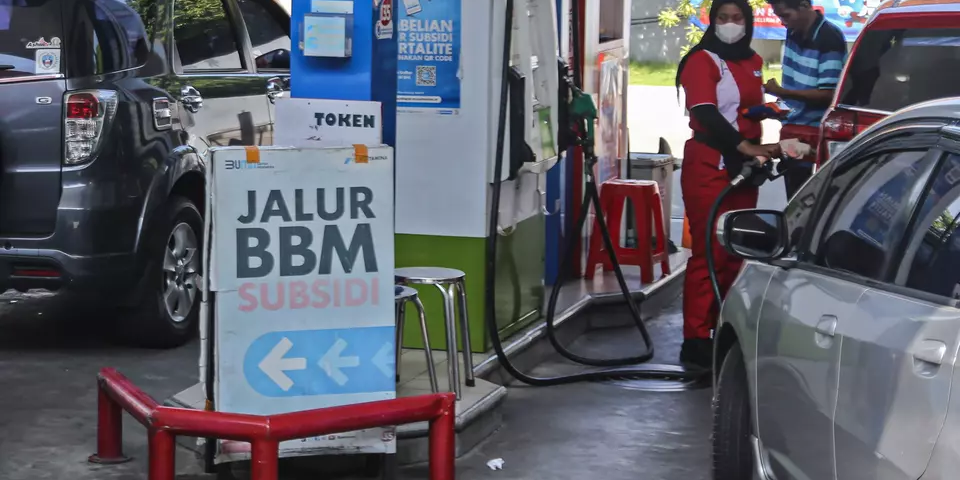Disclaimer
This article may contain copyrighted material, the use of which may not have been pre-authorized by the copyright owner. This material is made available for the purpose of giving information and knowledge. The material contained on the Astra Agro website distributed without profit. If you are interested in using copyrighted material from this material for any reason that goes beyond ‘fair use’, you must first obtain permission from the original source
The Indonesian government is planning to significantly boost the renewable component in diesel fuel to achieve self-sufficiency and eliminate diesel imports by 2026, Energy and Mineral Resources Minister Bahlil Lahadalia announced on Wednesday.
Speaking at the Indonesia Mining Summit at Mulia Hotel in Jakarta, Bahlil outlined a phased approach to increasing the use of biodiesel, a plant-based renewable fuel.
“The program will start with a 40 percent biodiesel blend (B40) next year. By January 1, 2026, we will aim for the implementation of B50, which will allow us to end diesel imports,” Bahlil said, referring to a 50 percent biodiesel mix in diesel fuel.
The minister added that the move would reduce Indonesia’s reliance on imported diesel while supporting the broader adoption of biofuels, including for gasoline, if domestic oil production continues to fall short of demand.
“President Prabowo may mandate the full adoption of biofuels for both diesel and gasoline products if necessary,” Bahlil said.
To meet the growing demand for renewable fuels, the government plans to accelerate upstream oil production by initiating operations at 301 new oil wells and launching extensive exploration activities. “We will put 60 areas up for open bidding between 2025 and 2026,” the minister added.
According to government data, Indonesia imported nearly 27 million kiloliters of oil fuel in 2023, including 5.1 million kiloliters of diesel.
Currently, the country produces approximately 15.8 million kiloliters of biodiesel annually, predominantly from crude palm oil. However, the implementation of the B50 program is projected to require an annual production of nearly 20 million kiloliters, highlighting the need for increased capacity in the renewable energy sector.
Source: Jakarta Globe










